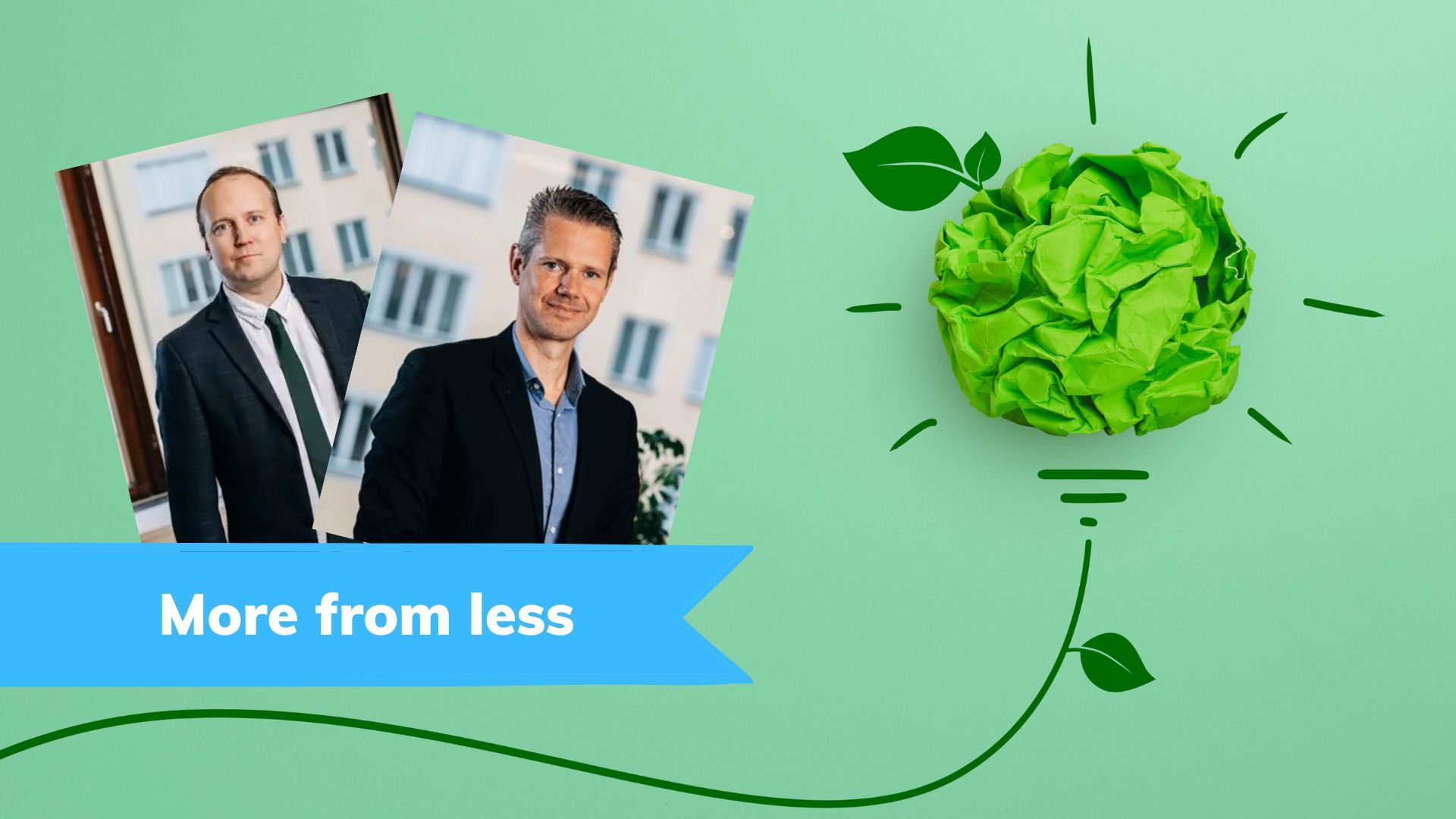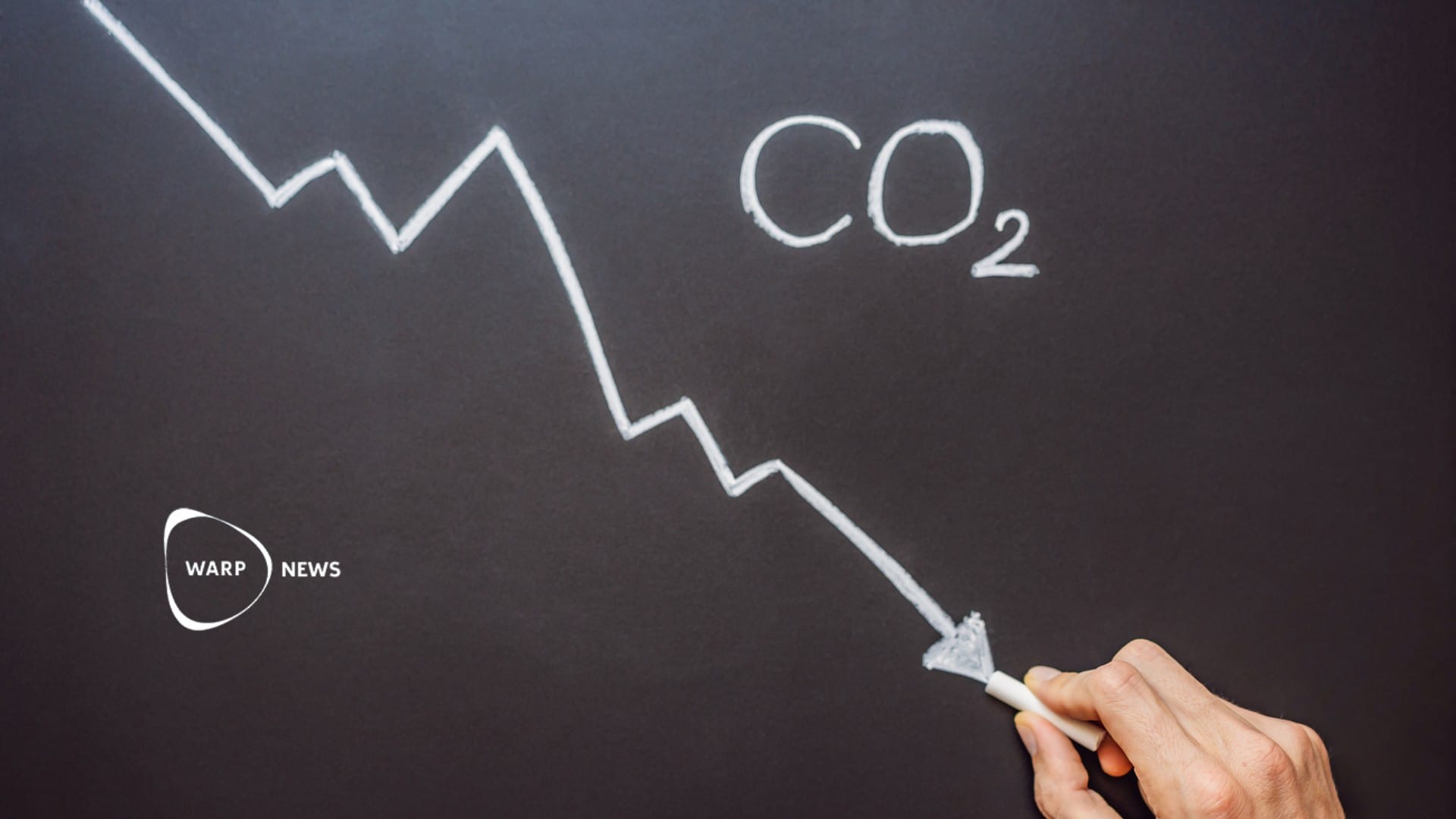
💡 We get more from less electricity and energy
PART 3: During the same period that Sweden's population increased by two million and the economy increased by 176 percent, energy use only increased by 25 percent.
Share this story!
In times of sharply increasing Swedish electricity prices, it can be interesting to study how the use of energy and natural resources has changed over time.
During the period 1970-2018, Sweden's total energy use increased by 25 percent. During the same period, the country's population increased by two million, while the real economy increased by 176 percent.
Sweden's energy mix has changed over time. Crude oil and petroleum products' share of the energy supply decreased from 76 to 19 percent. An important reason for this is the rise of nuclear power. We also see an increase in the proportion of biofuels from 10 to 26 percent.
If you look at households, energy use has decreased by 23 percent from 11 to 8.5 megawatt-hours per year. Continuous efficiency improvements in the economy are behind this change. Today's lighting consumes a fifth of energy compared to the 90s. A refrigerator consumed 1700 kWh 20 years ago, a modern refrigerator uses only 450 kWh.
Water use has also improved considerably. Since 2002, energy use for heating and hot water per square meter in houses and other premises has decreased by 25 percent. Heat pumps, improved insulation, and modern windows are some of the factors behind this change.
If we look at the use of electricity, we also see a significant improvement in efficiency over time.
As we see in Figure 4 above, electricity use has been largely unchanged since 1990. Parallel to this, GDP has increased by 85 percent.
In summary, it seems possible to get more for less, also regarding electricity use and energy. Sweden phased out fossil fuels for a long time, oil products were replaced by nuclear power, mainly during the 70s. In the next stage, the Swedish economy has gone through continuous streamlining. Electricity use has been largely unchanged for 30 years, while GDP has risen by 85 percent.
Jonas Grafström, researcher and vice president at Ratio
Christian Sandström, assistant professor at Ratio and Jönköping International Business School
The basis and figures are available in the book Mer för mindre? - tillväxt och hållbarhet i Sverige. Read more about the book here (Swedish).

By becoming a premium supporter, you help in the creation and sharing of fact-based optimistic news all over the world.



